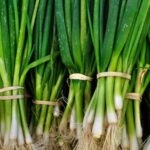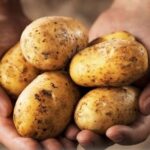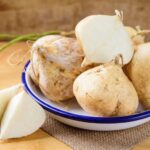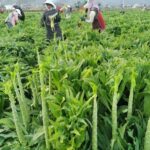White ginseng is an exalted term for turnips. They are called white ginseng because of their white color and are believed to be as beneficial as ginseng. Winter and spring are the seasons for white turnips. Chinese nutritionist and expert Qian Jingyong points out that turnips are rich in nutrients such as vitamin C and fiber, which can help improve immunity and enhance digestive health.
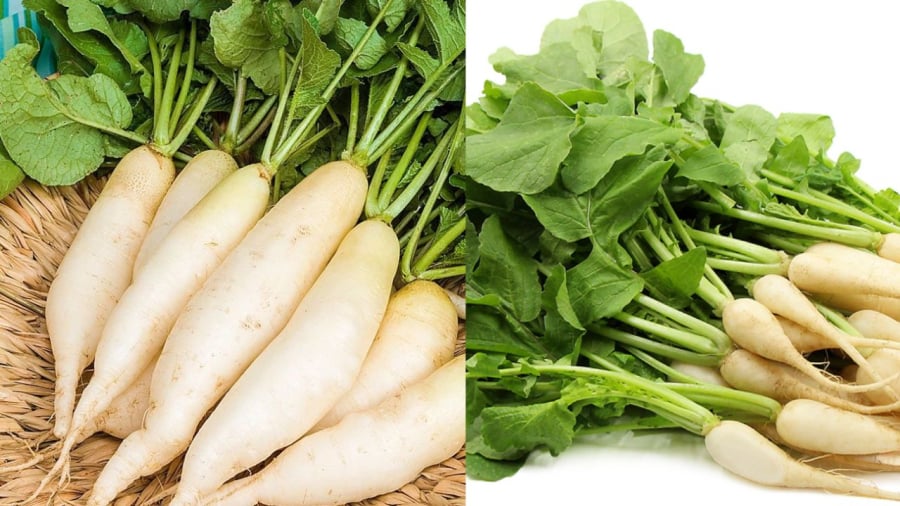
Turnips are known as White Ginseng
In traditional Chinese medicine, turnips are considered extremely beneficial for health, especially during winter. The cold climate in winter reduces the body’s yang energy, leading to the accumulation of phlegm, dampness, and indigestion. White turnips, with their cooling properties, help clear heat, expel phlegm, regulate qi, and aid digestion. Therefore, consuming turnips in winter is an excellent and affordable choice for health. Moreover, turnips are at their peak of flavor and nutritional value during this season. Eating turnips can boost immunity and enhance digestive health. It is because of these remarkable benefits that turnips are nicknamed white ginseng.
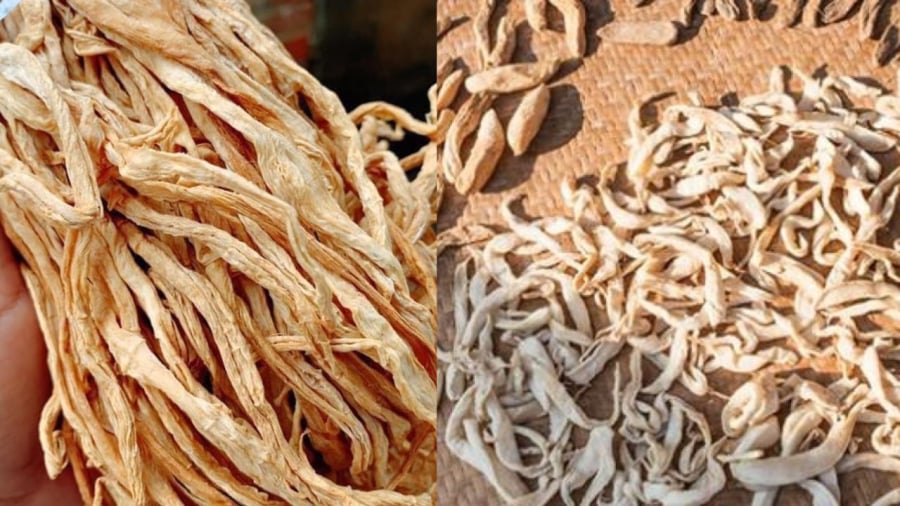
Experts recommend consuming both the leaves and roots of turnips
Chinese nutritionist Gao Manman also praises the benefits of white turnips. White turnips are rich in vitamin C, folic acid, potassium, fiber, and bioactive compounds, which help reduce the risk of obesity, fight cancer, and protect the liver. Additionally, expert Gao recommends utilizing the leaves of the turnip instead of discarding them. The leaves are a rich source of calcium, vitamin C, polyphenols, and flavonoids, even more so than the roots.
Both the roots and leaves of this vegetable are edible. To retain the nutritional value of turnips, steaming is recommended over boiling, as the latter can result in a loss of up to 90% of antioxidants. Steaming is considered the best cooking method for preserving the benefits of turnips compared to boiling, stewing, stir-frying, or pickling.
It is advisable to limit the consumption of pickled turnips due to their high salt content. During winter in Vietnam, turnips are inexpensive and can sometimes be purchased for as little as 10,000 VND per kilogram. You can also juice turnips after cleaning them.
While turnips offer numerous health benefits, there are three groups of individuals who should exercise caution:
– Individuals with sensitive digestion or a tendency for bloating should limit or reduce their consumption: The fiber and volatile substances in raw turnips can increase the burden on the digestive system.
– Those allergic to cruciferous vegetables: People allergic to compounds in cruciferous vegetables may experience skin discomfort or digestive issues.
– People with hypothyroidism: Thiocyanate in raw turnips can interfere with iodine absorption and impact thyroid function.
The Ultimate Superfood: Uncovering the Humble Root with an Astonishing Vitamin C Punch.
In Vietnam, there exists a wondrous root vegetable boasting an impressive nutritional profile. This humble tuber, unknown to many, contains a staggering amount of vitamin C, with levels up to ten times that of an apple. Not only is it exceptionally nutritious, but also remarkably affordable. Incorporate this vegetable into your diet to bolster your immune system and experience its delightful flavor, especially when slow-cooked with meat.
























